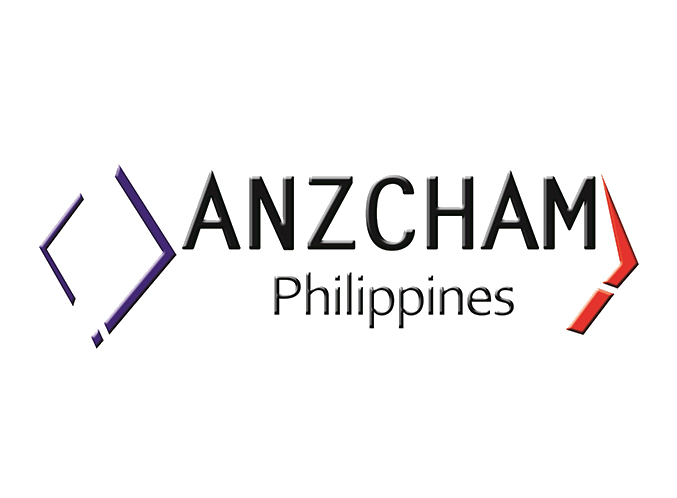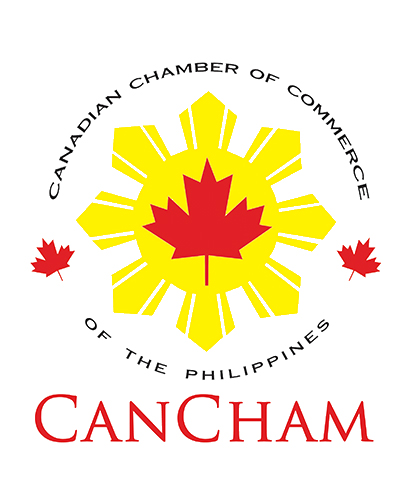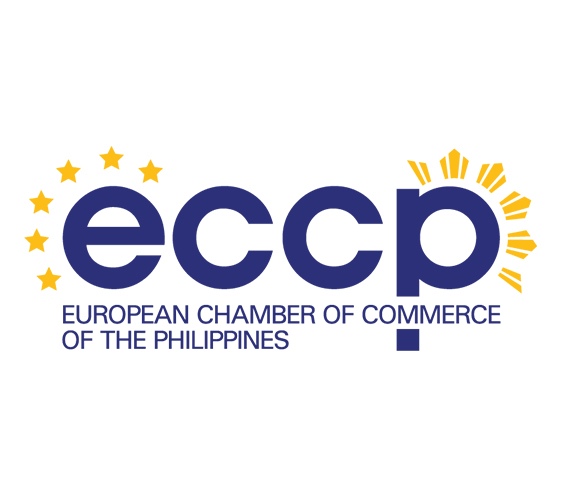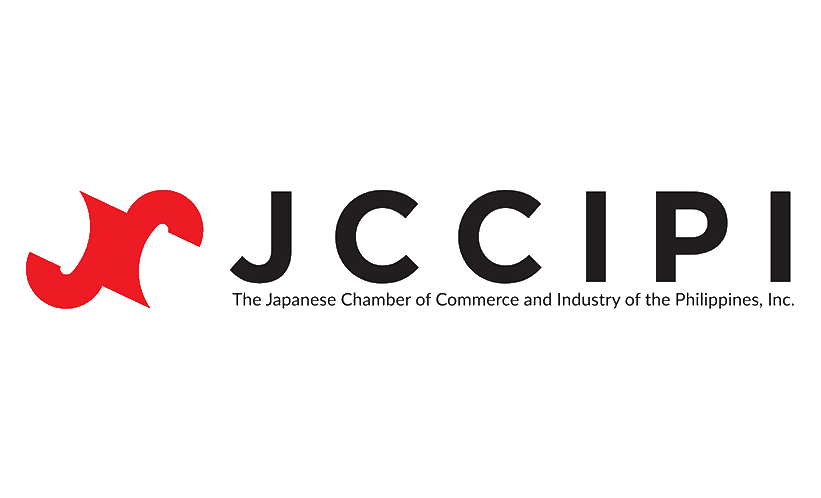Why corruption is a messy business
September 25, 2014 at 10:17
September 24, 2014 5:13 pm
By David Pilling
On some maps of the world, most of the countries of Asia, along with many of those in Africa and Latin America, are coloured red. A few, including China, are a dark shade of orange; and two others, Afghanistan and North Korea, the fieriest of ochres. These are maps produced by Transparency International, an organisation that monitors global corruption. The dark hues reflect these countries’ mostly poor reputations when it comes to graft. In all of Asia, only Singapore, Hong Kong and Japan make the cleanest 20 in Transparency International’s corruption index.
This is a big worry for multinational companies, many of which have large and expanding operations in Asia, home to the world’s fastest-growing economies. Managers are obliged to spend time and energy figuring out how to avoid paying bribes or, at least, how to pay without being caught. Some multinationals hire middlemen to deal with the messy realities. That gives senior executives a degree of distance.
That, essentially, is what happened to GlaxoSmithKline. The Anglo-American pharmaceuticals company is caught up in a broad anti-corruption drive that affects nearly all levels of Chinese society and business. Last week, GSK was fined Rmb3bn ($488m) after a Hunan court found it guilty of bribing doctors to prescribe its medicines. That a multinational company with a market capitalisation of $70bn has to bother overly about what judges in Hunan think shows how much the world has turned. The Chinese investigation has also triggered probes by both the US Department of Justice and the UK Serious Fraud Office.
China scores 40 in Transparency International’s Corruption Perceptions Index, where 0 is highly corrupt and 100 is perfectly clean. (Cambodia scores 20, the lowest in Asia, and Singapore 86, the highest.) China is the most dramatic example of a changing landscape. Since Xi Jinping became president last year, he has pushed a broad anti-corruption agenda that has enveloped senior Communist party officials, and domestic and foreign companies alike.
But elsewhere in Asia, the rules may also be shifting. India (with a CPI score of 36) is one case. Even before Narendra Modi became prime minister, promising to shake up the country’s bribe-prone bureaucracy, the atmosphere had altered. In the last years of Manmohan Singh’s administration, revelations of collusion in the award of telecoms spectrum and coal licences scandalised the nation. Subsequent fear among bureaucrats that they could be accused of corruption led to a virtual standstill in decision-making. Mr Modi’s task is to end that paralysis. His reputation rests on the perception that he can cut through red tape while ensuring probity.
Leaders in other countries, too, have pledged to tackle corruption. Benigno “Noynoy” Aquino, president of the Philippines, has pursued anti-bribery cases against senior politicians, including his predecessor, Gloria Macapagal Arroyo. Transparency International acknowledges improvement, but corruption still costs the Philippines an estimated 1.8 per cent of economic output a year. In Indonesia, the rise of Joko Widodo from obscurity to the presidency was partly predicated on his reputation as a clean politician. Indonesian authorities are seen to have made some progress – for example, recently convicting the chief justice of the constitutional court on corruption charges. Still, Indonesia’s CPI score remains low, at 32.
In a report on anti-corruption efforts in Asia, Herbert Smith Freehills, an international law firm, says western and Asian enforcement agencies are beginning to undertake parallel, even joint, investigations. Britain’s Serious Fraud Office and Indonesia’s Corruption Eradication Commission, for example, are working together on a probe into allegations that Rolls-Royce paid bribes. The law firm notes that several countries in Asia have stepped up anti-corruption legislation. India has passed laws to appoint an anti-graft ombudsman and has strengthened protection of whistleblowers, at least 16 of whom have been murdered in recent years.
Such measures are welcome. Yet they raise questions. One is whether courts can be trusted to administer justice impartially. If not, there will always be an air of arbitrariness about prosecutions. Cynics might suspect that those who find themselves in court have paid too few bribes rather than too many. Second, and related, is a suspicion that foreign companies may be treated more harshly than domestic ones, turning anti-corruption enforcement into a form of industrial policy. There have been mutterings about that by multinationals in both China and India.
The third point is the most unpalatable. In some poorer Asian countries, bribes often serve to top up inadequate state pay and grease the machinery of government. As India has found since the mood turned against graft, the alternative to business as usual may be no business at all.




























